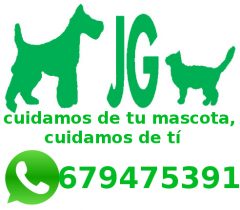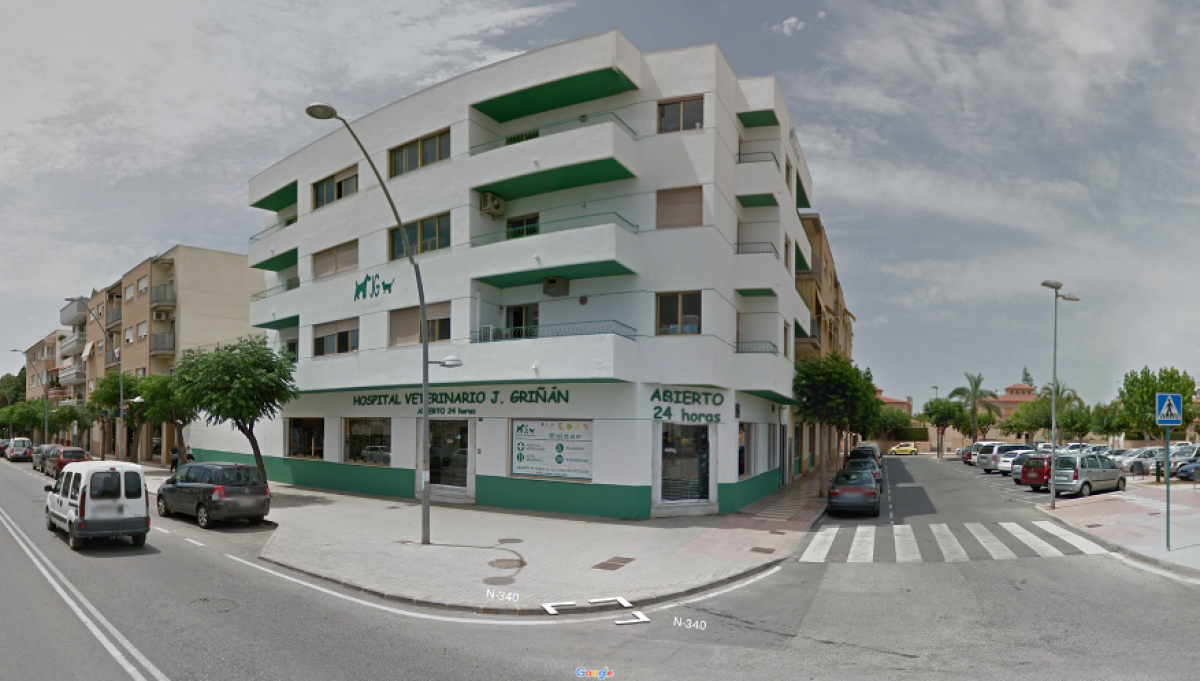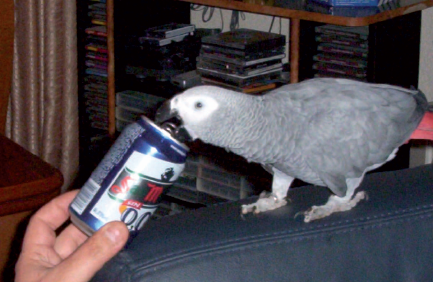 Feeding:
Feeding:
In addition to classic corn seeds, wheat, sunflower, etc., fruits and vegetables are a daily requirement. Raw carrot, apple, pear are good examples (try grated carrot so as to accustom the bird for the first days). Sinusitis and other diseases are very common and often brought about by a seed only diet. Seed only diets are deficient in many vitamins, especially vitamin A.
Encourage your bird to ‘work for its dinner’ by placing seeds in wire mesh or netting, this helps imitate the effort and behavior required in nature. It is preferable to obtain seed mixture which is supplied from a closed container, bulk seeds from shops can be manhandled by the public and can become a vehicle for infectious agents. Once a week, offer the bird dried fruits and for a special monthly treat try honey or fruit sticks. Weight control is important and Parrots often show signs of obesity, especially if overfed the fattier sunflower seeds or peanuts or given too many treats. A bird should not be given cheese, macaroni, pizza, hamburger and numerous human food… it will shorten its life. Chocolate must always be avoided, a small piece of chocolate can be fatal within minutes. Other foods such as avocado and onions are also too toxic for a birds system.
There are commercial feeds such as croquettes that contain many nutrients and food groups your parrot needs and enjoys, but always ensure that these are supplemented with daily fruit.
Drinking water should be changed daily and always kept clean. Do not medicate the water with vitamins or antibiotics unless absolutely necessary. Drink containers should be placed away from the perch so as to avoid contamination from excrement. From time to time offer your bird fruit juice (not citrus) either on
a spoon or with a syringe as an extra source of vitamins, your bird will probably see this as a game. Plumage should be kept clean and hygienic by allowing the bird to bathe. Access to a water filled bathing tub should be provided for 20 minutes every day (even in winter). Secondary wing feathers can be cut in order to prevent flight and is a common practice for parrots that spend a lot of time outside of the cage. However, this is not recommended as one of the beauties of these animals is to see them fly.
Health and veterinary requirements:
When a bird is first acquired, it is necessary to have it de-wormed and for your veterinarian to perform a stool test on the bird. This test needs regular repeating if your bird is housed with other birds, or even if other birds are nearby or around the house (eg sparrows). Anti-parasitic sprays are also recommended where birds mix with others. If not exposed to other birds, you do not need to de-worm or spray so regularly. Vaccinations are not normally necessary unless there is an epidemic in the area.
Parrots can transmit numerous diseases to humans. Common allergic reactions to feathers can affect humans, however more serious conditions such as ornithosis/chlamydiosis can also be transmitted. Newly acquired birds should be blood tested in order to establish any presence or incubation of such diseases.
Basic hygiene, such as washing hands after handling the cage or the bird needs to be adopted, as should the avoidance of mouth contact with the bird (especially the beak). It is very common for bird owners to allow ‘kissing’, but this really should be avoided. Faeces and urine are mixed in the cloaca and are expelled together. The stool colour may vary in the same animal, this being dependant on the amount and type of fruit eaten. Stools should be removed from the cage daily as microorganisms grow on them which are dangerous not only to the bird, but also to the health of people living in the household. It is essential to use an absorbent cage liner (cat-litter is toxic and to be avoided) the most recommended type of liner is plant based.
This article was published in Costa Blanca News.


